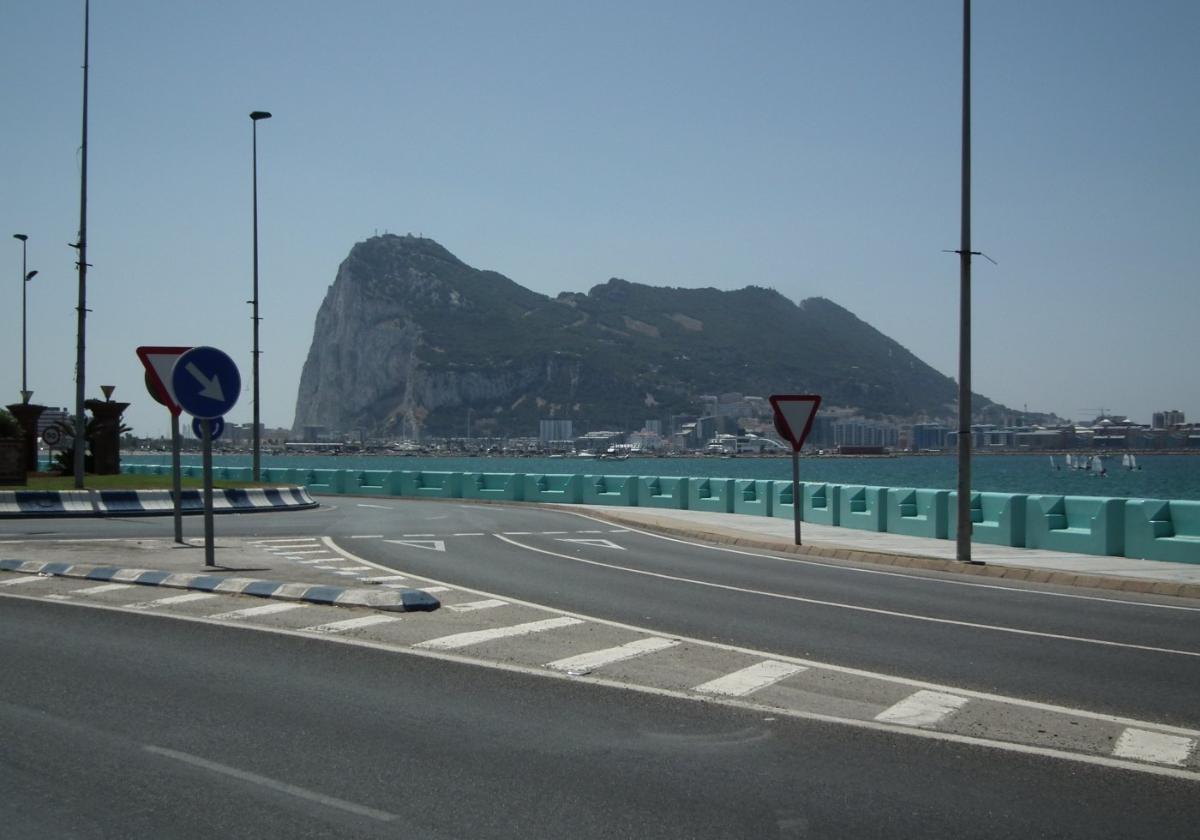

Sections
Highlight

Archaeologists and historians declare that prehistoric fossils and bones found in Gibraltar's quarries and caves prove that a strip of land between Europe and Africa, where the Strait is today, had existed for around five million years. This appears to be confirmed by the discovery of the remains of African animals such as rhinos, elephants, hyenas and leopards on the Rock.
The ancient Greeks and Romans were fascinated with the Strait, so much so, they attributed its creation to Hercules, who they claimed parted the waterway and piled up the rocks on either side to form the Pillars of Hercules. These became known as the gates of 'non plus ultra' (nothing beyond) due to the belief that they marked the exit from the known world.
First though, it is known that the Phoenicians were present for several centuries, and it is generally perceived that they gave it the name of Mons Calpe.
According to Sir William G. F. Jackson, a former governor of the territory, in his book, The History of Gibraltar, the first settlement of any note to be established in the Gibraltar area was not built on the rock itself because "it was too inhospitable and too large for easy defence". He suggests that the Phoenicians established the trading city of Carteia in the area now known as the Bay of Gibraltar.
The Berbers however, often referred to as the Moors, were fearful of crossing the Strait, but they eventually conquered Gibraltar in 711.
The toponym of Gibraltar derives from the Arabic Jabal Tariq (sometimes spelt Djebel Tarik), meaning the mount of Tariq, named after the Moorish military general Tariq ibn Ziyad, who directed the landing of the Umayyad forces in the eighth century.
It was under the orders of Sultan Abd al-Mu'min that a permanent settlement, complete with a castle, was constructed in 1160, which he called Medinat al-Fath - city of the victory.
The territory was eventually captured by the Christian forces from the Emirate of Granada in 1462.
The British presence in Gibraltar since 1713 has seen the name often shortened to Gib, while it is also frequently referred to as the Rock, or 'Peñón' in Spanish.
Publicidad
Publicidad
Publicidad
Publicidad
Esta funcionalidad es exclusiva para registrados.
Reporta un error en esta noticia

Debido a un error no hemos podido dar de alta tu suscripción.
Por favor, ponte en contacto con Atención al Cliente.

¡Bienvenido a SURINENGLISH!

Tu suscripción con Google se ha realizado correctamente, pero ya tenías otra suscripción activa en SURINENGLISH.
Déjanos tus datos y nos pondremos en contacto contigo para analizar tu caso

¡Tu suscripción con Google se ha realizado correctamente!
La compra se ha asociado al siguiente email
Comentar es una ventaja exclusiva para registrados
¿Ya eres registrado?
Inicia sesiónNecesitas ser suscriptor para poder votar.